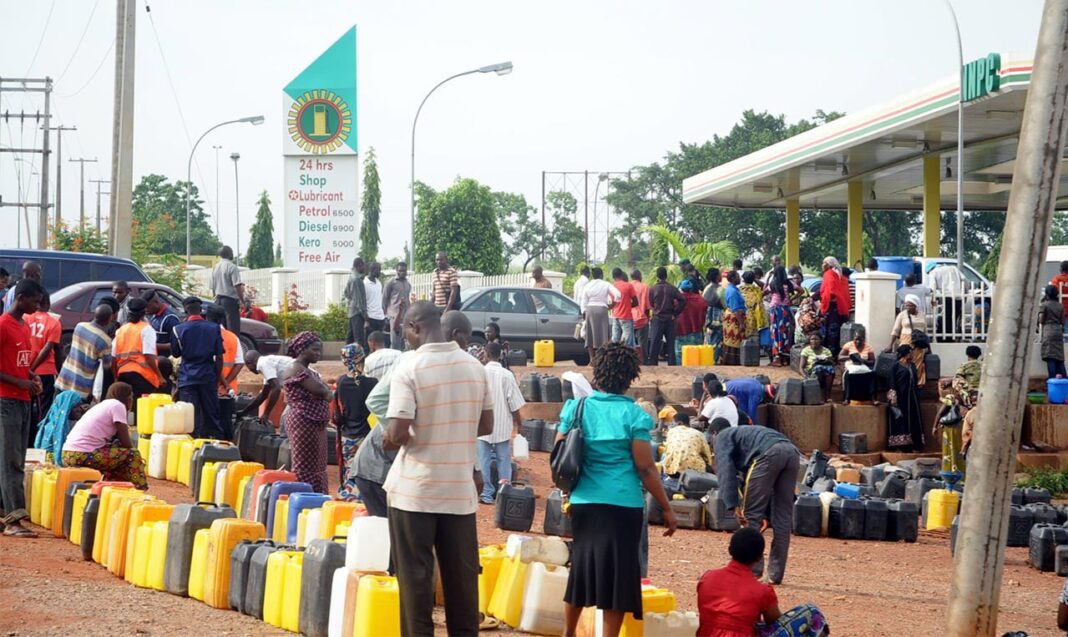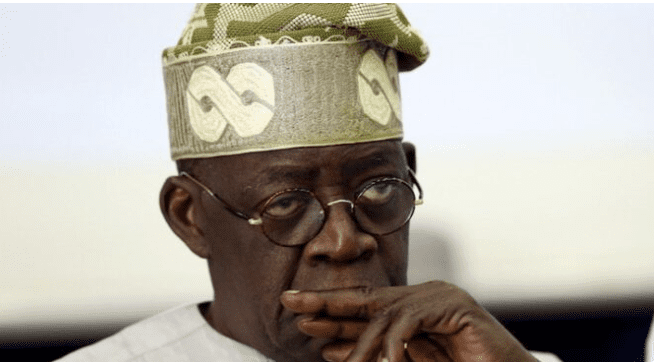Fuel Queues Remain a Constant Issue – PENGASSAN.
The President of the Petroleum and Natural Gas Senior Association of Nigeria, Mr. Festus Osifo, has pointed out several reasons for the ongoing queues at filling stations throughout the country. Speaking at the 2024 PENGASSAN Energy and Labour Summit in Abuja, he highlighted the weaknesses in the distribution chains as a significant factor contributing to this issue.
Osifo emphasized that the distribution chain within Nigeria’s downstream oil and gas sector is both weak and outdated. He stated that while the problem of fuel queues might be temporarily resolved, it is likely to recur in the future without substantial changes to the system.
He further noted that Nigeria’s distribution infrastructure is insufficient to meet the demands of its large population. Osifo remarked that no other country of Nigeria’s size and population relies solely on a single point of product importation while depending on trucks for nationwide distribution.
In addition to distribution challenges, Osifo attributed the insufficient supply of fuel at filling stations to poor road conditions and flooding, which exacerbate the scarcity issue. He called for immediate reforms to tackle these pressing challenges effectively.
Read Also: NNPC Says Tinubu is Not Interested in Acquiring OVH.
Osifo also urged the government to develop and enhance the country’s value chain to create a more efficient and reliable distribution network. He stressed that without these improvements, Nigeria would continue to experience recurring fuel shortages.
Another significant challenge he highlighted is the high cost of local production, which he indicated is 15 to 20 percent higher than in other regions globally. This elevated production cost is partly due to the security burdens faced by oil and gas companies operating in the country.
To alleviate these high production costs, Osifo called on the government to assume security responsibilities from investors. He believes that this shift could lead to a considerable reduction in operational expenses for the industry.
Finally, he urged the government to strengthen laws and impose stricter sanctions against those involved in activities that hinder progress in the sector, emphasizing the need for comprehensive reforms to ensure a stable and efficient oil and gas industry in Nigeria.




